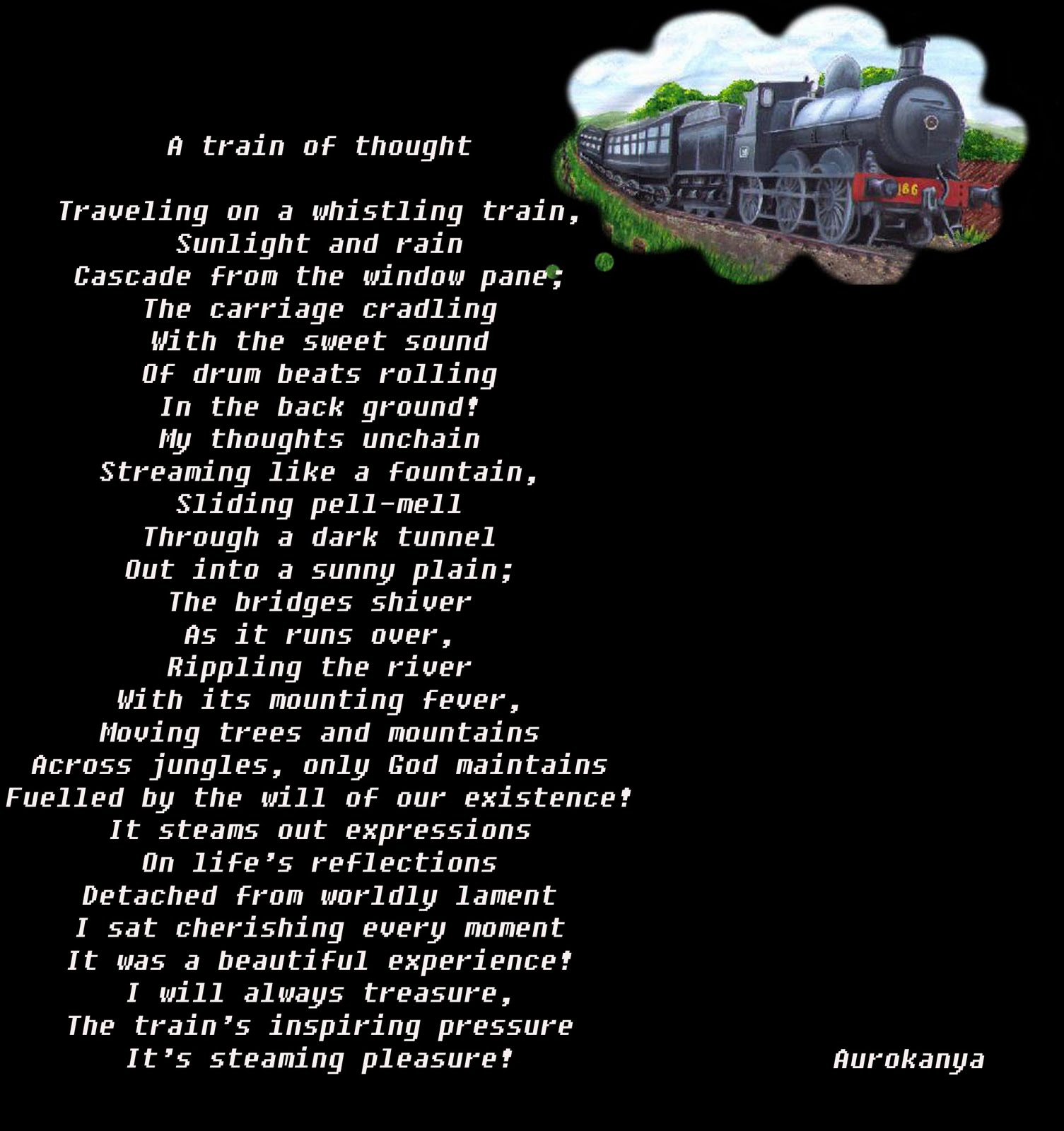

Social mishap exposures for social anxiety disorder: An important treatment ingredient. Guilford Press 2016.įang A, Sawyer AT, Asnaani A, Hofmann S. Mind over Mood: Change How You Feel by Changing the Way You Think. 2nd ed. Psychopathology and thought suppression: A quantitative review. The impact of cognitive restructuring and mindfulness strategies on postevent processing and affect in social anxiety disorder. Shikatani B, Antony MM, Kuo JR, Cassin SE. The Wiley Handbook of Cognitive Behavioral Therapy.

Does mindfulness attenuate thoughts emphasizing negativity, but not positivity?. Mindfulness-based interventions in counseling. It often leads people to blame themselves for things they have no control over.īrown AP, Marquis A, Guiffrida DA.

Jumping to conclusions: This distortion involves making assumptions about what others are thinking or making negative assumptions about how events will turn out.The word "train" was used to emphasize an orderly sequence similar to train carriages that moved together, one by one, in the same direction. Let me just finish my train of thought and then you can share your feedback.ĭid you know? This expression was first recorded in 1651 by the philosopher Thomas Hobbes. what was I just saying? I got distracted by an email and lost my train of thought.Ī: Do you mind if I interrupt briefly? I’d like to add a comment to the point that you just made.ī. My son interrupted me while I was writing my analysis, and now I’ve lost my train of thought.Train of thought is often paired with the verb "lose." For example: We also use it when we want to avoid being interrupted out of fear of forgetting a good point or idea.

Although train of thought relates to the progression of one thought to another, we usually use this expression when that process has been interrupted in some way. This expression can be used in formal and informal settings, and is used quite frequently in both. We often use this expression to refer to an uninterrupted flow of ideas, or the development of a line of reasoning in our mind. We use the expression train of thought to refer to the process of thinking about a sequence of connected ideas.


 0 kommentar(er)
0 kommentar(er)
